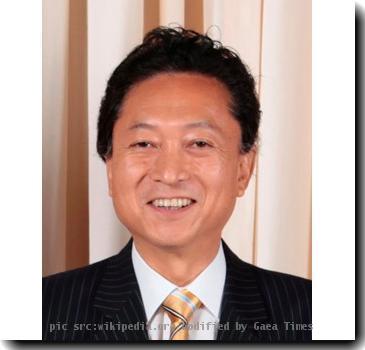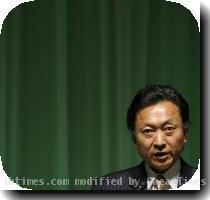World shares lower amid China manufacturing slowdown, Europe debt jitters
By Pamela Sampson, APTuesday, June 1, 2010
World markets fall amid China, Europe jitters
PARIS — World stocks fell Tuesday and the euro continued to slide as Europe’s shaky government finances and concerns about slower growth in China made investors jittery.
London’s FTSE index was down over 101 points, or 1.96 percent, at 5086.97. The CAC 40 index of leading French shares was down more than 73 points, or 2.09 percent, at 3,434.18, while Germany’s DAX dropped over 103 points, or 1.73 percent, to 5,861.28.
The euro was down 1.1 percent at $1.22, while the British pound rose 0.2 percent to $1.45.
“The European crisis has brought back the bear market,” said Marc Touati, an economist at Paris-based brokerage Global Equities. “Investors are getting jumpy at almost anything. It is not related to economic sense.”
Confidence may start to return if employment data from the U.S. expected Friday is good, he said.
Shares in BP PLC plunged over 15 percent to 420.30 pence ($6.13) on the London Stock Exchange. Because of a bank holiday, Tuesday was the first day of London trading after the oil company’s failed attempt over the weekend to block the oil leak in the Gulf of Mexico.
BP said that costs for the spill have reached $990 million.
Wall Street appeared to be in store for further losses as surveys showing that growth in China’s manufacturing had slowed underlined fears that Asian manufacturers and exporters remain vulnerable to waning of demand in Europe and elsewhere.
The state-affiliated China Federation of Logistics and Purchasing said its purchasing managers index, or PMI, fell to 53.9 in May from 55.7 in April and 55.1 in March due to lackluster demand both at home and abroad.
Oil prices, meanwhile, fell. Benchmark crude for July delivery was down 2.4 percent at $72.17 per barrel in electronic trading on the New York Mercantile Exchange.
In Europe, investors continued to fret over whether austerity measures to address Europe’s debt mountain will send the region back into recession.
Masatoshi Sato, market analyst at Mizuho Investors Securities Co. Ltd. in Tokyo, said investors remained worried about the impact of Europe’s debt crisis on the global economy.
“Investors are not convinced that the crisis will end soon. With growing uncertainty over the euro zone’s crisis, investors are bracing for a further slump in the euro against the dollar,” Sato said.
Political uncertainty was also a negative in Tokyo, where Prime Minister Yukio Hatoyama faced mounting calls for his resignation after a small party left his coalition government in protest at the reversal of a campaign promise to move a U.S. military base off the southern island of Okinawa.
Earlier in Asia, Japan’s Nikkei 225 stock average fell 56.87 points, or 0.6 percent, to close at 9,711.83 and Australia’s S&P/ASX 200 dropped 0.4 percent to 4,413.1.
In Seoul, the Kospi lost 0.7 percent to 1,630.40, Taiwan’s benchmark shed 1.2 percent to 7,289.33 and Hong Kong’s Hang Seng retreated 1.4 percent to 19,496.95.
The signs of slowing in the manufacturing sector helped drag China shares lower, with the benchmark Shanghai Composite Index falling 0.9 percent to 2,568.28.
Sampson reported from Bangkok. Associated Press writers Shino Yuasa in Tokyo, Alex Kennedy in Singapore and AP Business Writer Elaine Kurtenbach in Shanghai contributed to this report.
Tags: Asia, Bangkok, China, East Asia, England, Europe, France, Greater China, Hong Kong, Japan, London, Manufacturing Sector Performance, Paris, Shanghai, Southeast Asia, Thailand, Tokyo, United Kingdom, Western Europe, World-markets, Yukio Hatoyama

